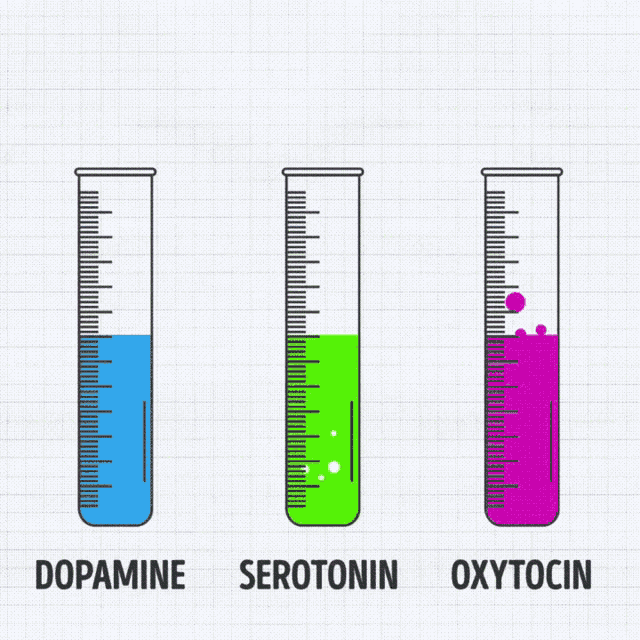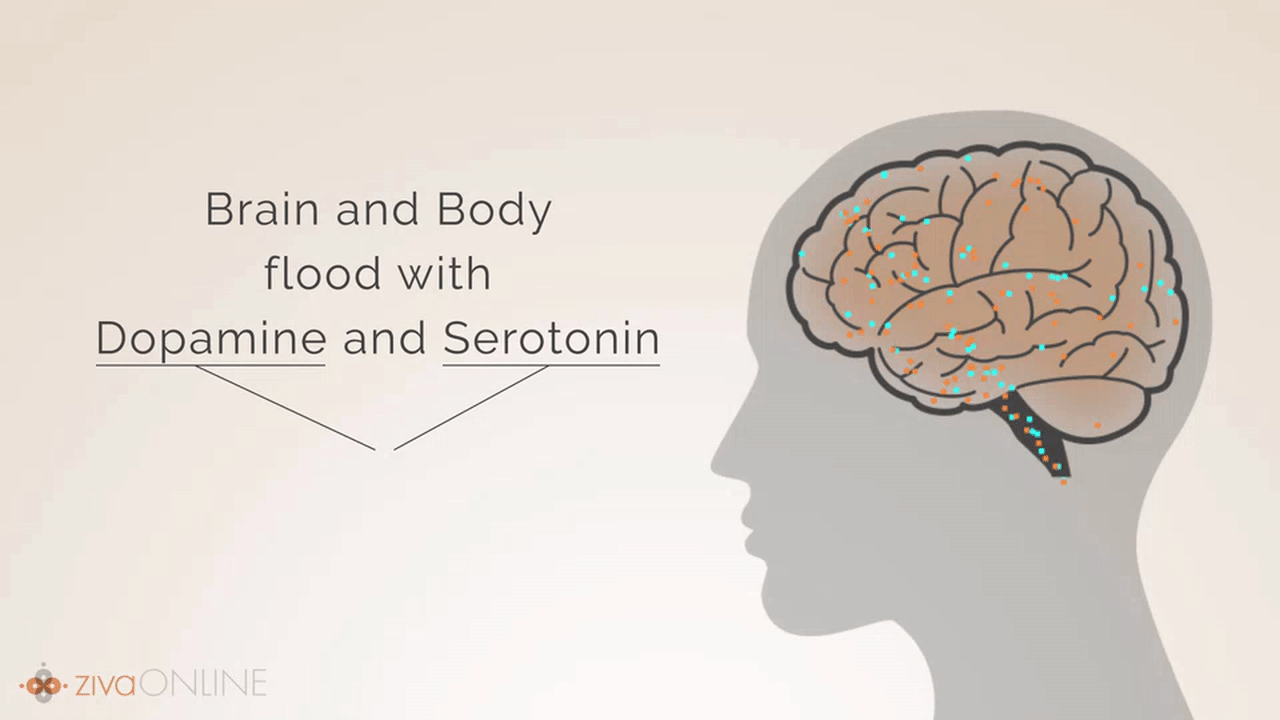Anxiety Syndrome
Anxiety disorder is more than just stress or an inability to adjust to life's circumstances and a lack of communication skills.
Surely you have come across it more than once in your life, perhaps without even knowing that it is it.
People suffering from anxiety syndrome often do not realize that many of their problems arise not because of their nature, but because the disease dictates its own rules.
That is why it is important to know what kind of disease it is, what causes it, how it manifests itself and is treated.
Anxiety Syndrome Is the most common mental disorder
:max_bytes(150000):strip_icc()/dsm-5-criteria-for-generalized-anxiety-disorder-1393147_v2-902be69757414cc7a517ef3ca9838b59.png)
Almost everyone suffers from anxiety disorders, according to statistics from the US Centers for Disease Control and Prevention.
Most of the disorders in this group are more common in women than in men - by about 15%.
At the same time, in developed countries, the syndrome is more common than in developing countries.
For example, the United States ranks first in the list of countries where this disorder is predominant, and is considered the most anxious nation in the world.
Orion Jones in his article describes two main factors that determine this phenomenon: the high dependence of Americans on material values and life in a system where a person's position in society is determined by his abilities.
There are several types of anxiety disorder
There are six main types of anxiety syndrome: generalized anxiety disorder, panic disorder, obsessive-compulsive syndrome, social phobia, special phobias, and post-traumatic stress disorder.
Most people show symptoms before age 21
The symptoms of anxiety disorder can vary, depending on the type of disorder.
But they appear mainly at a young age - up to 21 years. This is what experts from the National Union for Mental Disorders say.
So, you may have anxiety disorder if: you constantly feel that you are on the verge of breaking down, you have insomnia, you often have shortness of breath and heart palpitations, and also if you often sweat for no reason.
There are only two reasons for the disorder.
Scientists identify two main factors that influence the development of anxiety syndrome - heredity and stress.
Research has shown that some families are more likely to develop anxiety disorder than usual, suggesting that the disorder is genetic.
In addition to genetic factors, anxiety disorder can also cause severe stress associated with a traumatic event, such as the death of a loved one or experiences of abuse and violence.
The development of the disease depends on the level of serotonin
The onset and development of anxiety disorders is associated with low levels of serotonin, a neurotransmitter responsible for maintaining emotional balance.
Serotonin deficiency also causes depression.
However, a recent study published in the Journal of Pharmacology showed that the causal relationship could be reversed - it is possible that it is anxiety syndrome that causes a decrease in serotonin levels, and not vice versa.
If the results of this study are confirmed by the work of other scientists, it could radically change the approach to the treatment of the disease.
There are 3 main methods of treatment
Despite the many unconventional treatments for anxiety disorders, such as regularly eating bananas, carrots, and the use of various herbal infusions, there are only three real treatments.
So, if you have anxiety syndrome, instead of applying plantain to your head, you should pay attention to psychotherapy, prescription medications, and meditation and relaxation techniques.

The type of therapy will depend on the type of disorder and the individual patient.
Medication is prescribed to relieve symptoms such as panic attacks, excessive anxiety, or fear.
The most commonly prescribed drugs are benzodiazepines, along with beta blockers and antidepressants.
Many people worry that such medications will make them sluggish, but this can be avoided if the type of drugs and dosages are correctly determined together with a doctor.
Anxiety symptoms are often associated with other medical conditions
This mental disorder has similar symptoms to some other medical conditions, such as heart disease or hyperthyroidism.
Therefore, to accurately diagnose anxiety disorder, your doctor will likely do a physical exam, talk to you, and order a series of tests.
Anxiety syndrome in adolescents is most pronounced in the evening.
A report from the Crisis Textline website found three peaks where symptoms of the disorder are most pronounced in just a day.
It's seven and nine o'clock in the evening. During these intervals, the anxiety syndrome flourishes, and closer to midnight there is a decline in the activity of the manifestation of symptoms.

Another dangerous period is eight in the morning, but after that, patients usually feel a little better until the next two main evening peaks.
In the US, 11% of college students have experienced with anxiety disorders. Young people are the most vulnerable group of the population to mental illness.
73% of those students who experienced anxiety disorders indicated that during the period of illness they experienced intense feelings of anxiety, panic and depression due to their studies and life in general.
Anxiety syndrome does not mean that something is wrong with a person.
Understanding what is anxiety disorder and what is not is the first step in destigmatizing the disorder and the people who suffer from it.
The presence of a mental disorder does not mean that you can give up on a person.
It is important to remember this and be ready to help someone who encounters this ailment, because no one is immune from it, and timely participation helps a lot in the fight against such problems.